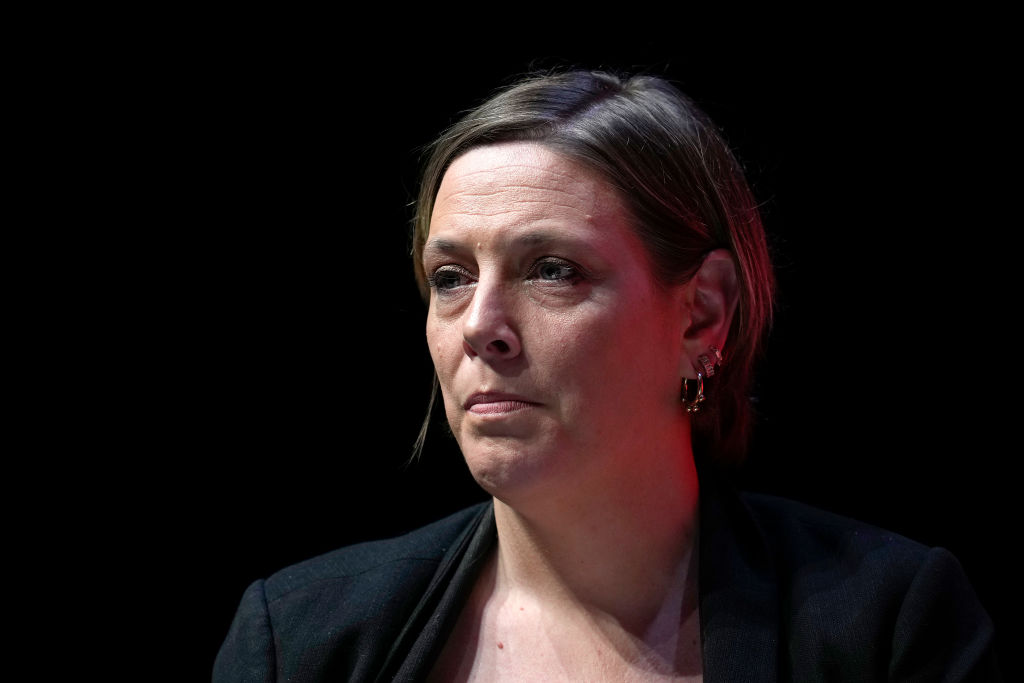Keir Starmer spent a significant time this morning arguing that the last thing we need is another review and report when the government just needs to act.
Unfortunately, he wasn’t talking about social care reform, but grooming gangs, which ended up dominating the question and answer session after his big NHS speech. The NHS staff who had been plonked behind the Prime Minister looked increasingly weary as question after question turned out to be about the accusations levelled at the government by Elon Musk, rather than the elective recovery plan. As well as being an unfortunate distraction from what Starmer wanted to talk about, it also provided an inconvenient contrast between the ‘we need another review’ argument presented by the government on social care, and the refusal to set up another inquiry on sexual exploitation because ‘we don’t need another review’.
Labour knows which direction it wants to turn the tanker, but is offering no clues as to whether it knows which levers to pull
Starmer’s justification for not just getting on with it on social care was this:
Social care is such an important issue in its own right, and obviously it’s also linked to the question of what happens in our hospitals, because it’s got a huge impact, but we’ve got to get it right which is why we put Louise Casey in charge of this, who is renowned for getting to the bottom of things and coming out with really good, strong, recommendations.
And I want to build a consensus, I genuinely want a cross-party consensus, because if this is going to work and make a material difference, it’s got to last through different parliament. That will take time to get this right.
He added that he had set up the inquiry in ‘different stages’ so that an interim report would come out next year so that the government wasn’t waiting for the final recommendations. What he didn’t answer was why he needed to wait for any recommendations at all when here is already a plethora of them, including one option already on the statute books. He didn’t acknowledge the key point – precisely the key point he was trying to drive home in relation to grooming gangs – which was that there have already been a lot of reviews, rather than this being the first time anyone has thought to take an in-depth look at reforming social care.
Anyway, Starmer was there to talk about the NHS, not grooming gangs or social care for that matter. His speech wasn’t particularly revelatory on that front, either. He reminded the audience that rebuilding the NHS was ‘the cornerstone’ of his Plan for Change in 2025, and that he was aiming for ‘a National Health Service that treats patients more quickly, that is closer to their lives’. The NHS, he said, should be able to deliver the same level of convenience to people as their ability to shop online and find love on their phones.
He returned to previous assertions about the NHS not getting endless money without reform – though this speech managed to finish without the details of what that reform really would be. ‘We must confront the reality of what is needed,’ he said. ‘Because the NHS can’t become the national money pit. Productivity can’t bump along 11 per cent lower than it was before the pandemic. Working people can’t be expected to subsidise the current level of care with ever rising taxes. That is the price of ducking reform – and I won’t stand for it.’
He later said that ‘money will not be used, not as it has been in the past, just to paper over cracks’. He even adopted a David Cameron platitude that ‘this is the year we roil up our sleeves and reform the NHS’.
But how? Starmer once again offered the direction of reform – ‘shift treatment away from hospitals and centres’ without spelling out how that is going to happen.
Labour knows which direction it wants to turn the tanker, but is offering no clues as to whether it knows which levers to pull in order to get it going in that direction. The NHS elective recovery plan, published after the Prime Minister finished speaking, only intends to answer the questions about clearing the backlog, not the bigger matter of overall reform so that the health service really is able to become more convenient for patients. We are likely to have to wait for that until April.








Comments